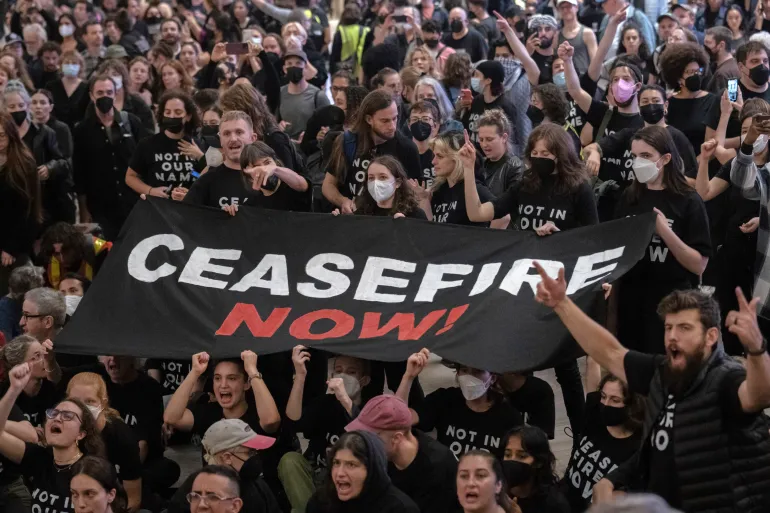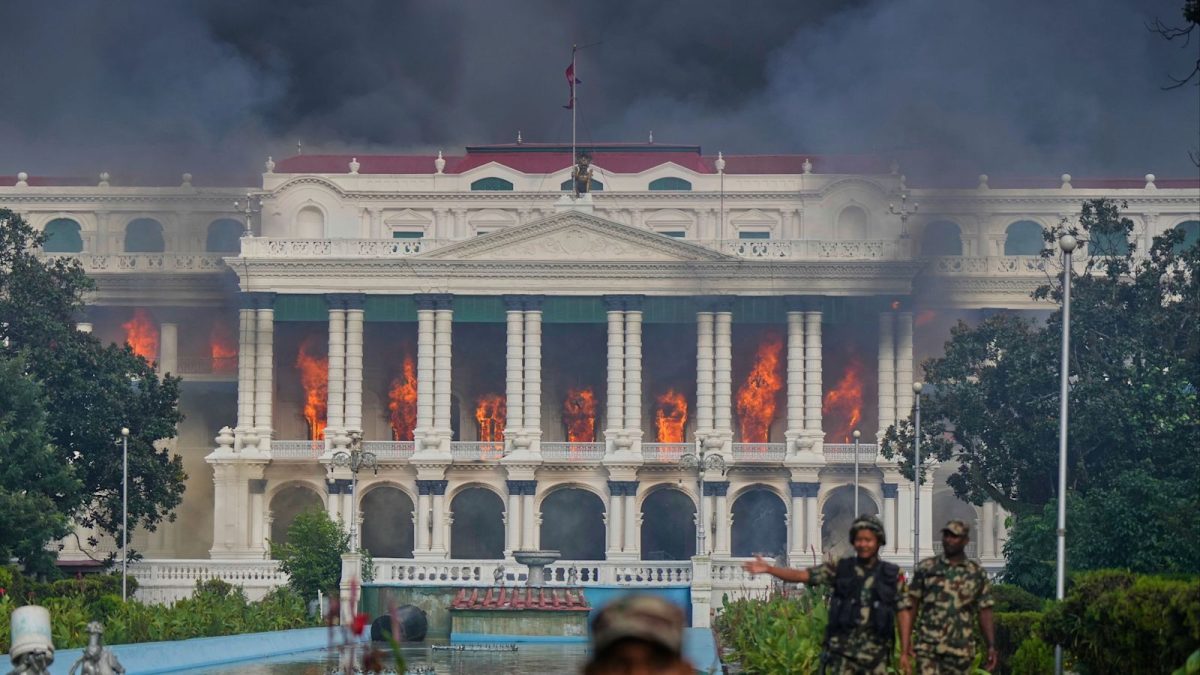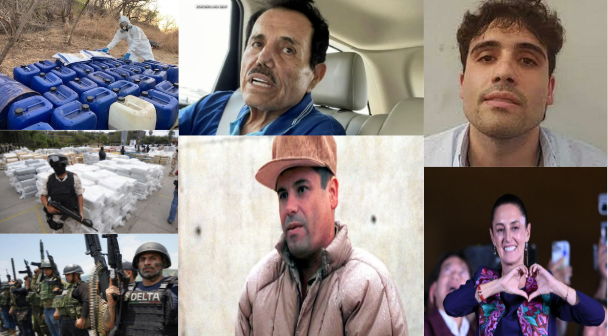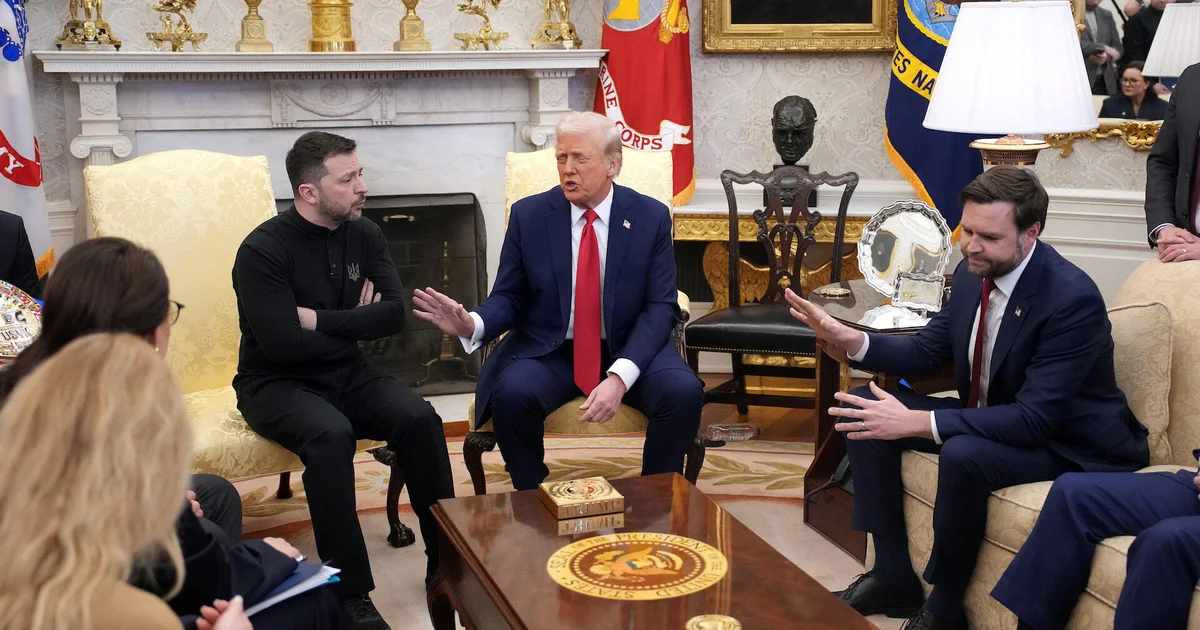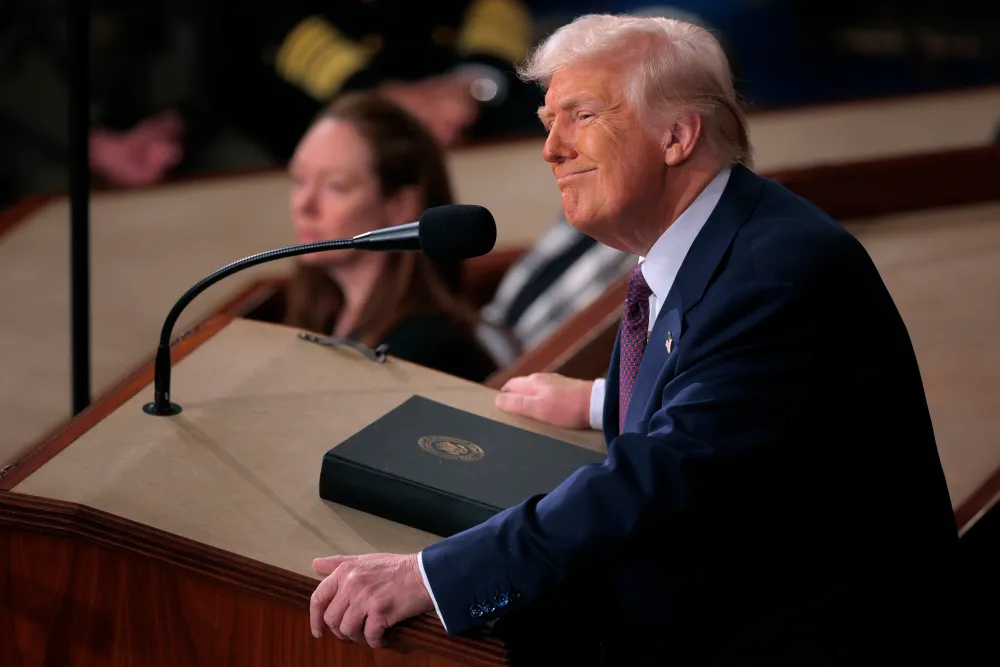For the third time in the months of war between Israel and Palestine, the UN Security Council has considered another push for an immediate ceasefire. Algeria, on behalf of the Arab States, presented the resolution for a ceasefire in the Gaza Strip to the UN. Only to be shut down by a United States Veto in the argument that a truce would hurt hostage negotiations.
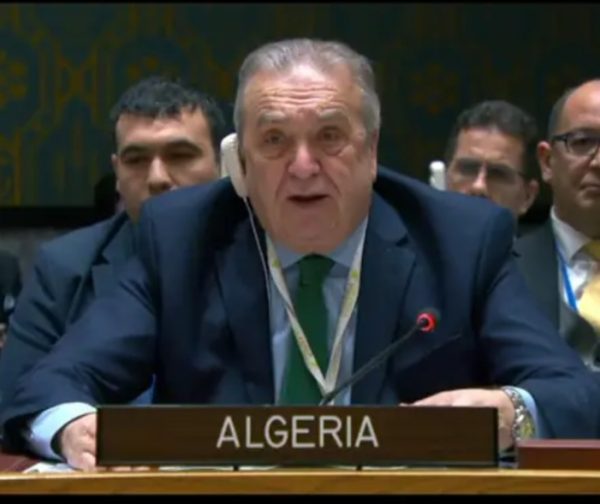
On February 20th, Ambassador Amar Bendjama, representing Algeria, made an opening statement to the Council, saying, “The situation in Gaza is deeply distressing, and the treatment of the Palestinian people by the occupying power is inhumane . . . “. He followed up with his concerns about the food situation in Gaza. He was bringing up statistics and journalists’ accounts of the lack of proper nutrition and the effects it’s had on Gaza’s inhabitants. As well as the surge of disease and insufficient humanitarian aid efforts. He ends his statement condemning the Council for its inaction, calling it complicity in the crime.
The United States was then given the stage, represented by Ambassador Linda Greenfield. She reminded the Council of Israel’s rights, making multiple mentions of them: “Let us affirm Israel’s right of self-defense and support the urgent diplomatic efforts underway.” The statement was short and ultimately did not one hundred percent support the resolution.
The meeting ended up lasting a total of two hours and thirty minutes, including statements from the Russian Federation, Guyana, China, Slovenia, Switzerland, France, Mozambique, the Republic of Korea, Japan, Malta, the United Kingdom, Sierra, Ecuador, State of Palestine, Israel, Qatar, Tunisia and, Egypt. Among the many members there, thirteen voted in favor of Algeria’s resolution, the United Kingdom abstained from the vote (despite calling for an “immediate suspension in fighting”), and the US completely opposed it. Instead, they proposed a temporary ceasefire “as soon as practicable” to release all hostages.
The reaction to the United States’ stance varied, but many expressed their extreme disappointment. Ambassador Amar Bendjama asked to make another statement where he thanked those who voted in their favor but told the court, “This failure does not absolve the security council of shouldering its responsibilities . . . the International Community of its obligations . . “. The Russian Federation called out the US for its “attempts to cover up on behalf of its closest Middle Eastern ally” as well as saying that the US was giving Israel “a license to kill.” Japan urged for a humanitarian ceasefire to be realized promptly. China claimed the veto sent the wrong message, and France said, “Israeli operations must end.” However, those were only a few of the many responses given by the member body, with many others sharing their own opinions.
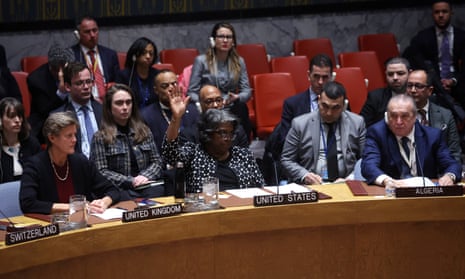
The decision didn’t disappoint only the many council members but also a large portion of the public. Following the meeting, many people took to social media to slam the US for its decision, with just as many others applauding it.
Whether or not the UN will try for another immediate ceasefire is unclear, and many are irritated at the Council’s inability to agree on a resolution. Still, no one will be backing down on this issue anytime soon.

